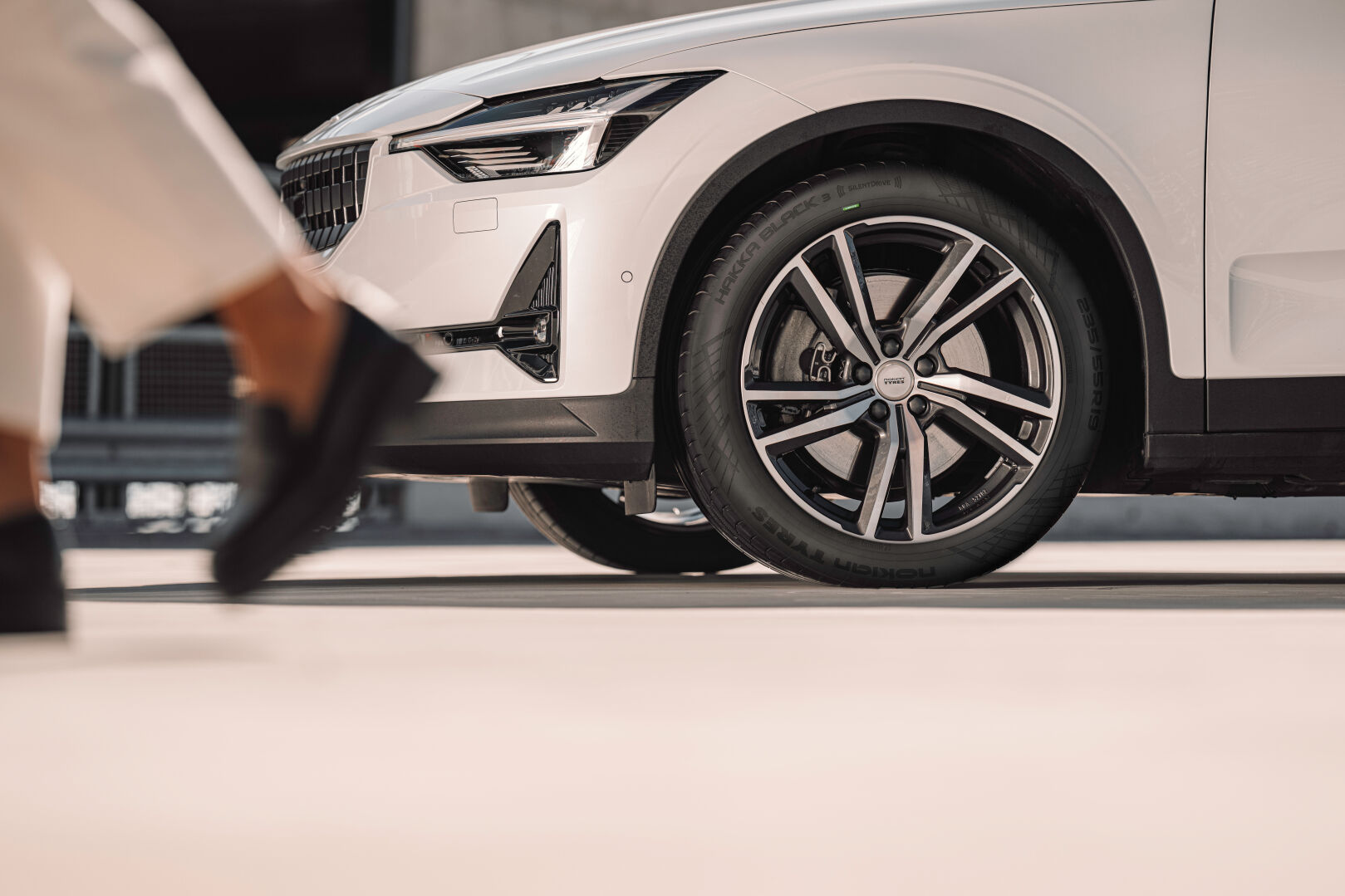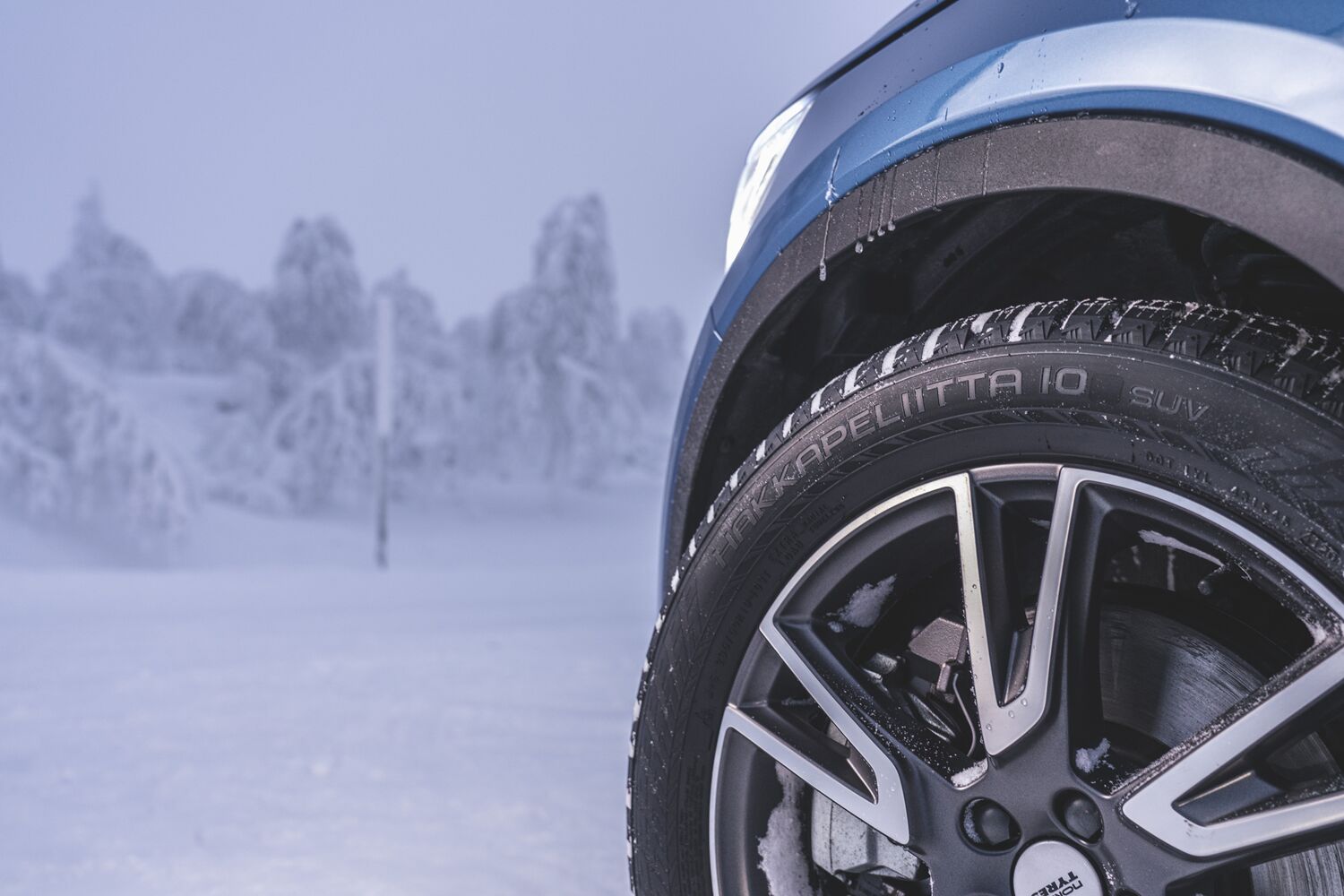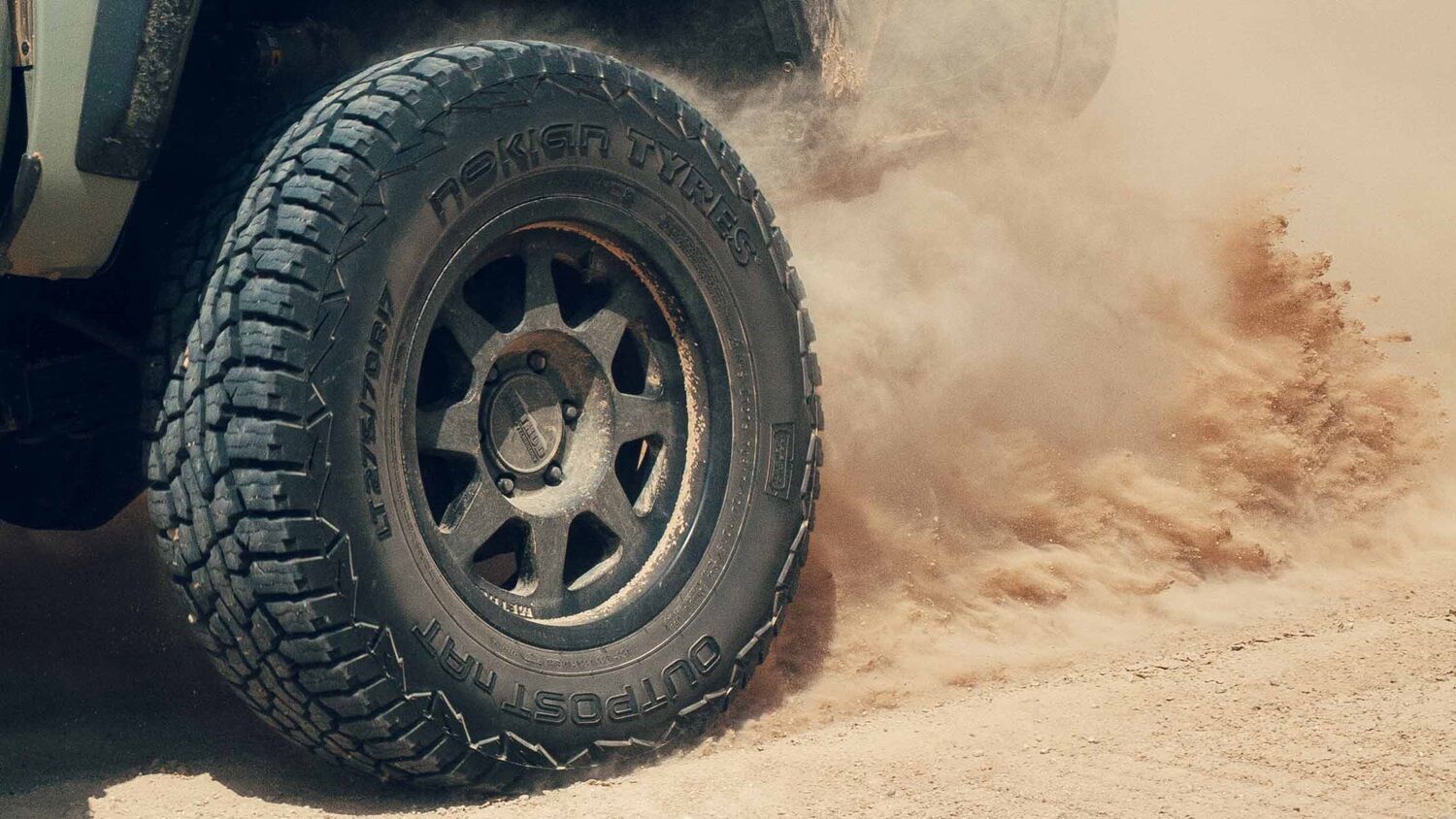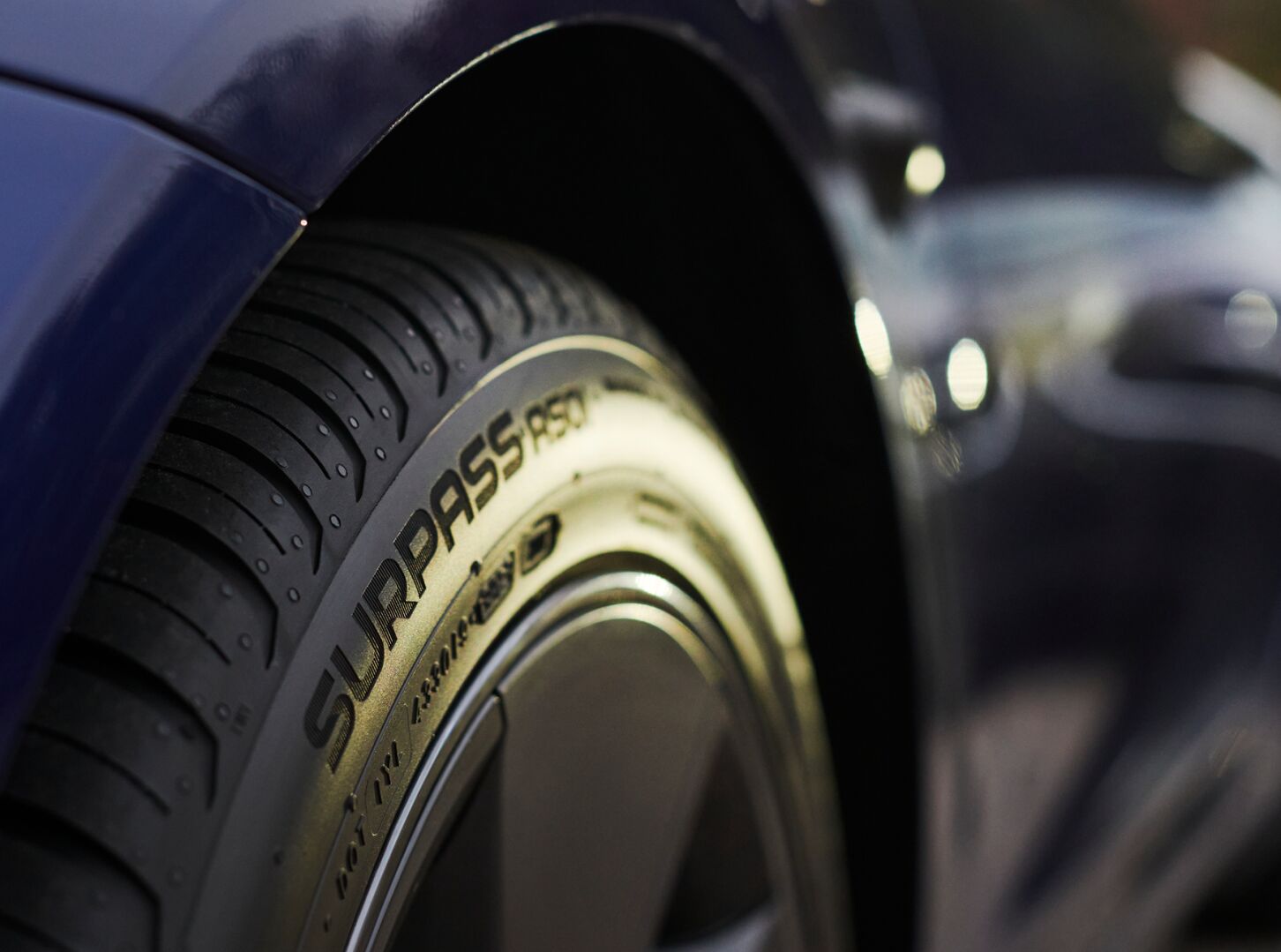
Quiet tires are one of the key factors when it comes to driving comfort. Discover how to choose the quietest tires and reduce tire noise.
The noise level directly influences the overall driving experience, and quiet tires are a key factor in driving comfort. Choose premium tires with low rolling resistance for a smooth and quiet ride. Contact your local Nokian Tyres dealer to find the quietest tires for all weather conditions.
How does tire type affect tire noise?
The level of noise produced by tires depends on various external factors and the tire manufacturing process. Factors impacting the noise level include, for example, tire type, tread patterns, void space, and the rubber compound.
Tires tend to produce less noise when they have a firmer rubber compound. Harder rubber compound reduces rolling resistance, resulting in quieter tires. On the other hand, a softer rubber compound gives better grip and traction.
Winter tires feature a softer rubber compound compared to all-season tires, as snow-covered roads require better traction. That is why all-season tires are typically quieter than winter tires.
However, you should prioritize safety and choose tires based on weather conditions where you drive. It is important to note that some areas of the European Union, Canada and the U.S. enforce laws for using winter tires. If you want quiet winter tires and don’t need extreme traction, choose non-studded tires, as they are quieter than studded tires.
Best quiet tires
The EU tire label indicates exterior noise level classifications and helps you compare noise levels produced by different tires. The classification ranges from A to C, classification A being the quietest. Your local Nokian Tyres dealer will be happy to assist in finding the quietest tires for your vehicle.
Note that the tire noise you hear while driving is influenced by several external factors, including the type of vehicle, road conditions, the weather, and driving speed. Tires are notably louder at highway speeds, due to increased airflow over the tire tread.

How to reduce road noise?
Choosing high-quality tires with low rolling resistance is the first step, but there are various other ways to reduce noise produced by winter and summer tires:
- Monitor tire wear. Uneven tire wear can cause excessive tire noise. For a quiet ride, check your tires’ condition regularly and replace worn tires.
- Regular tire rotation. Ensure even wear by rotating tires every 6,500–9,500 km (4,000–6,000 miles).
- Proper tire pressure. Under-inflated tires tend to be louder. For quiet tires, check your tire pressure once a month and when your TPMS indicator lights up.
Follow these tips for a smooth and quiet ride. Taking care of your tires also improves fuel economy. When it is time to replace your tires, contact your local Nokian Tyres dealer and find the best quiet tires for your vehicle.
Please remember that it is the driver’s responsibility to ensure their tires are safe and suitable for their vehicle and to follow the vehicle’s manufacturer´s guidelines for proper use and maintenance. Consult your closest Nokian Tyres dealer or your vehicle’s manufacturer for specific advice.


